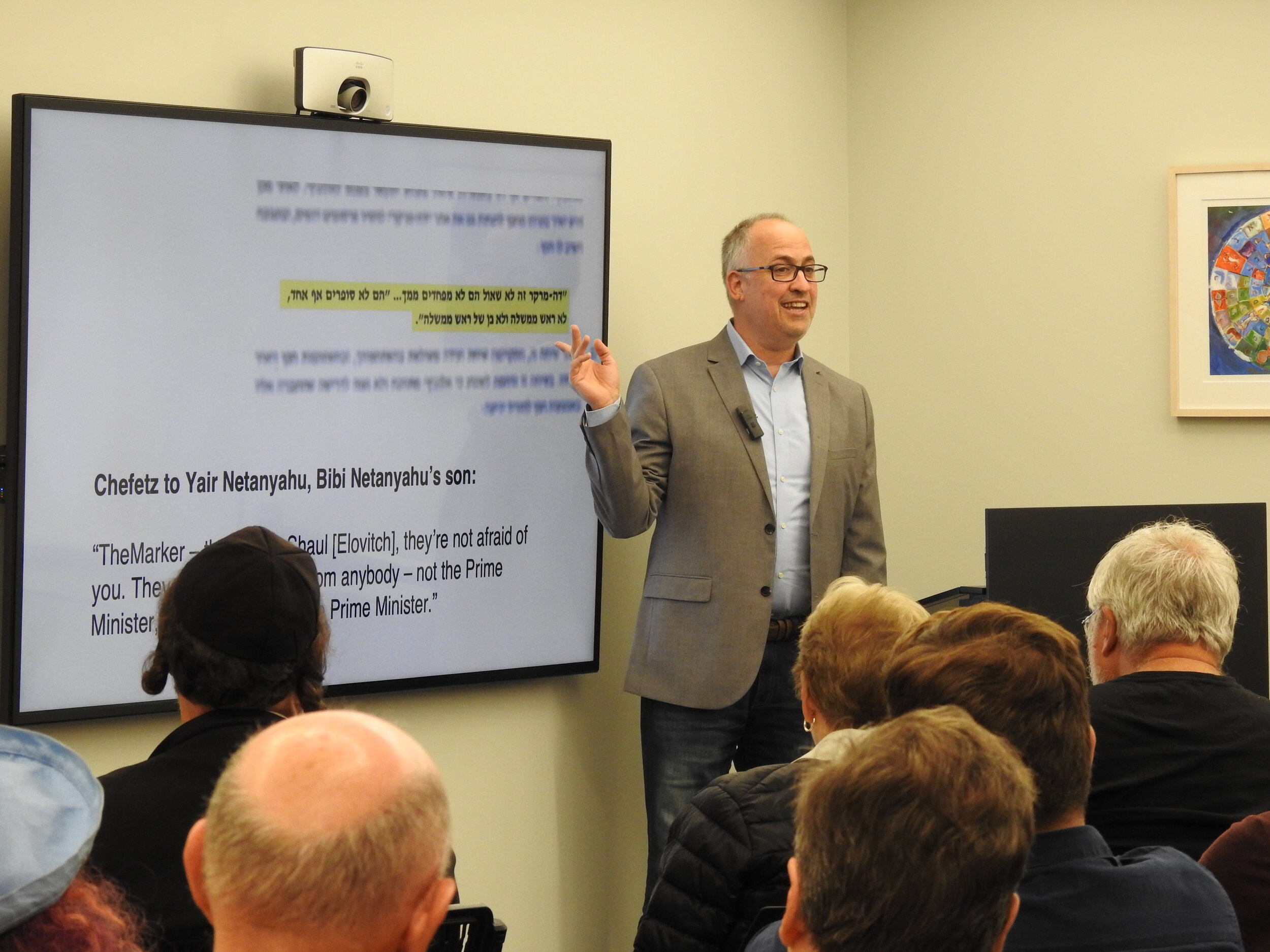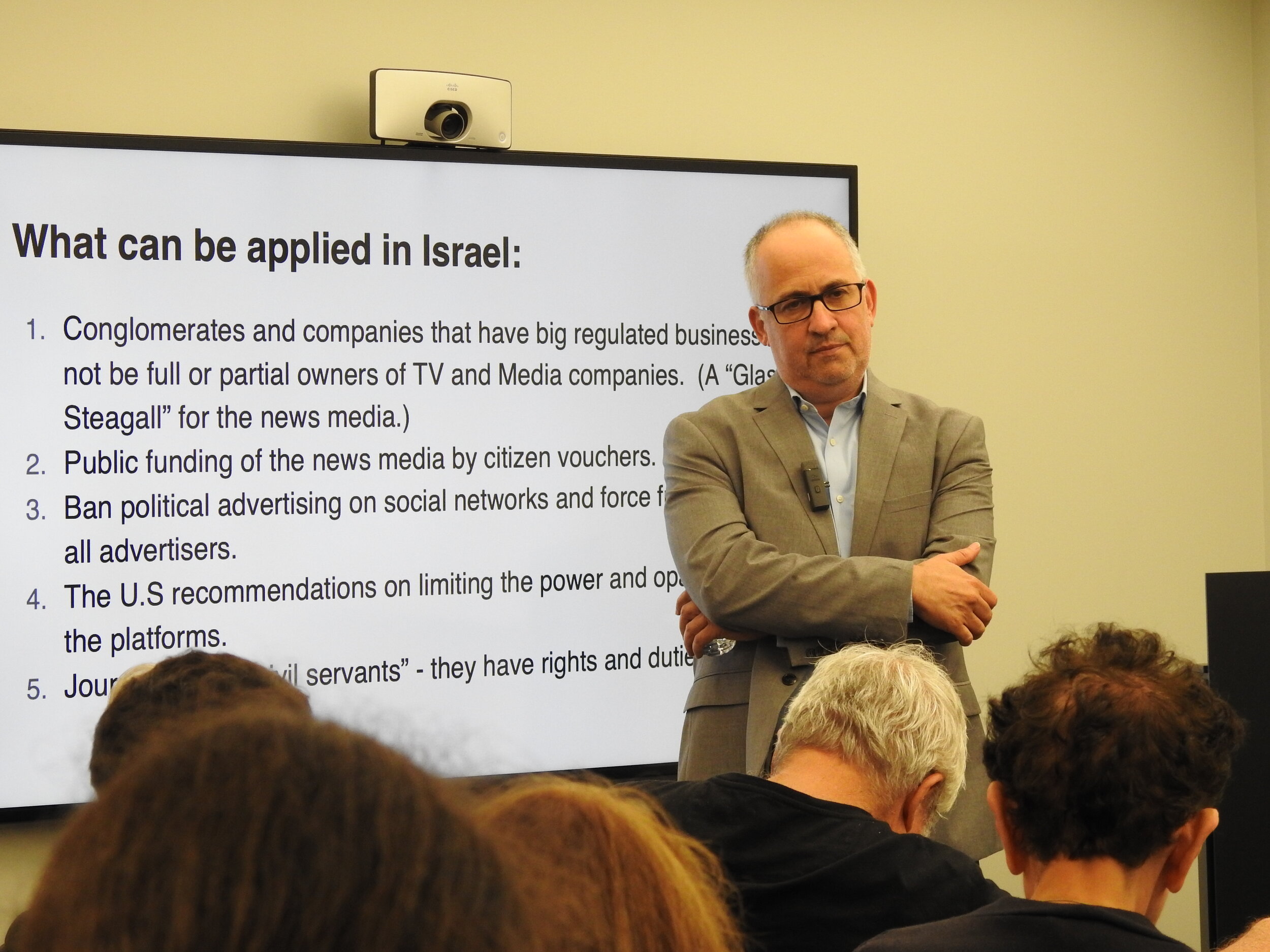By Ingrid Romero
In January 2019, I came across a video where multiple individuals on the street were asked if they knew about the Holocaust: What group of people did the Nazis target? What is Auschwitz? How many Jews were killed during the Holocaust? To my surprise, only one person had a vague idea about the Holocaust, the rest answered that Auschwitz was a country, or confused the Holocaust with the word hologram (yes, a three-dimensional image formed by the interference of light beams from a laser or other coherent light source). At the time I knew that if had been asked those questions I would’ve been just as ignorant and embarrassed as those who participated in that interview.
Since I was curious, I decided to Google the Holocaust and to be honest the result of my search was depressing, too deep to understand and quite overwhelming. Once I saw the images I had to stop. There was so much that I could not comprehend. Why did this happen? Why didn’t any other country help? And many other questions.
To give you a little background I was born in Colombia and moved to the States at 19. To say the least, nobody ever talks about the Holocaust or genocide in my country. World Wars I and II were never taught in History class and we lived in a convenient state of willful ignorance. I recently decided to complete my undergraduate education in Architecture at Columbia’s School of General Studies. When I heard that the Institute for Israel and Jewish Studies was offering a class on Holocaust Literature, I knew immediately this was my opportunity to learn about the Holocaust though a list of curated texts, novels, poems and songs. We were fortunate to be guided by Prof. Jeremy Dauber, a true scholar in Jewish Literature. The class of 15 students from various backgrounds spent the whole hour and 50 minutes engaged in honest and interesting discussion about the readings.
This class taught me through the lens of literature, music, and poems more than I could ever grasp from independent research. I wish the Holocaust was taught more regularly at Columbia. Prof. Dauber offered and opportunity to ask very difficult questions that I would have never been able to explore without his guidance.
As an Architecture student, the vision of forced labor and human sacrifice to achieve Nazi architectural goals, by means of oppression and genocide of the European Jewish population, still haunts me to this very moment. The main goal of my final research paper was to analyze survivors’ testimony and data through the means of architectural digital retracing of construction, to better understand the horrors of the Holocaust through the lens of architecture, forced labor and genocide. Events and ideas so far-fetched and agonizing that we as a society and in my case, a future architect, must ensure they will not happen ever again.
Jewish prisoners, both men and women, had different tasks in the building process, nonetheless they both experienced extreme physical oppression, which resulted in the premature death of the vast majority. According to survivors, the last year of the war (1945) was spent on an endless construction cycle. The construction period between April, 1943 and May, 1944 is often omitted by scholars.
Architects have the responsibility to envision and create spaces that improve the quality of life of society: spaces for working, education, housing, and leisure. Incongruently, the architecture of the Holocaust had the opposite intention, its goal was to use the forced labor of Jewish prisoners while carrying out their mass murder. My research about architecture during the Holocaust has served to show me, the detrimental effects that a vocation or a field of study can have on humanity if used for evil…many years of hard study, schooling, careful planning and design gone awry.
I was able to attend this class thanks to the generosity of a private donor. From the bottom of my heart I would like to thank this person for the invaluable opportunity to learn about the Holocaust and become more aware. It is imperative that we educate our younger generations. By understanding our history, we can make sure to never repeat the atrocities done to the Jewish people in Europe or anywhere else. Learning about the Holocaust and the resilience of survivors gives me hope that no matter how hard your circumstances are, it is up to you to be a survivor.
Ingrid Romero is a third-year architecture student at the School of General Studies.








































